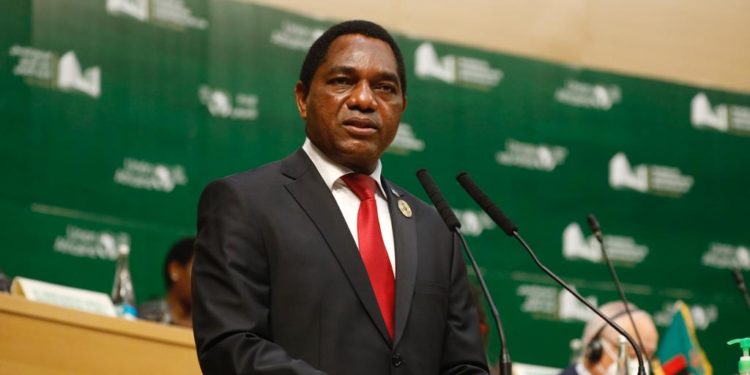A hard-fought debt relief agreement between Zambia and its Eurobond creditors unraveled Friday, plunging the copper-rich southern African country’s efforts to restructure $17.3 billion in external debt into uncertainty.
The Zambian government expressed regret that, despite “a comprehensive agreement” with a steering committee representing bondholders to reduce debt principal and ease interest payments, it “currently does not have the support” of the country’s official bilateral creditors.
“The Government regrets that discussions with bondholders have not yet yielded an agreement that could be supported by all of its stakeholders,” the Finance Ministry announced in a statement. “The Government is committed to continuing its efforts to find a satisfactory solution that avoids further costly delays.”
Finance Minister Situmbeko Musokotwane told The Associated Press “this very disappointing news means more hardship for our people than was necessary” as Zambia tries to cement a crucial $1.3 billion bailout package with the International Monetary Fund seen as key to unlocking additional aid.
Musokotwane earlier hailed the debt relief deal as a breakthrough toward securing Zambia’s desperate quest for cash after becoming Africa’s first pandemic-era sovereign nation to default when it failed to make a $42.5 million bond payment in November 2020.
The creditor group said Friday its offer to slash Zambia’s debt payments by $2.8 billion over the next decade already exceeded debt relief envisioned under a G20 common framework agreed by powerful economies to help heavily-indebted nations.
But bilateral creditors represented by Germany, France and Japan rejected concessions negotiated with private creditors, saying in their opinion the deal fell short of “comparability of treatment” standards that underpin the multilateral effort.
The failure in talks meant “more hardship for our people than was necessary,” Musokotwane said.
















